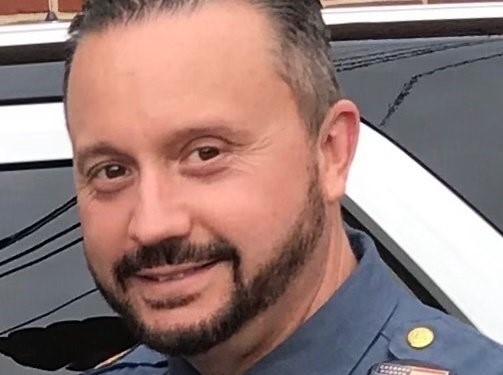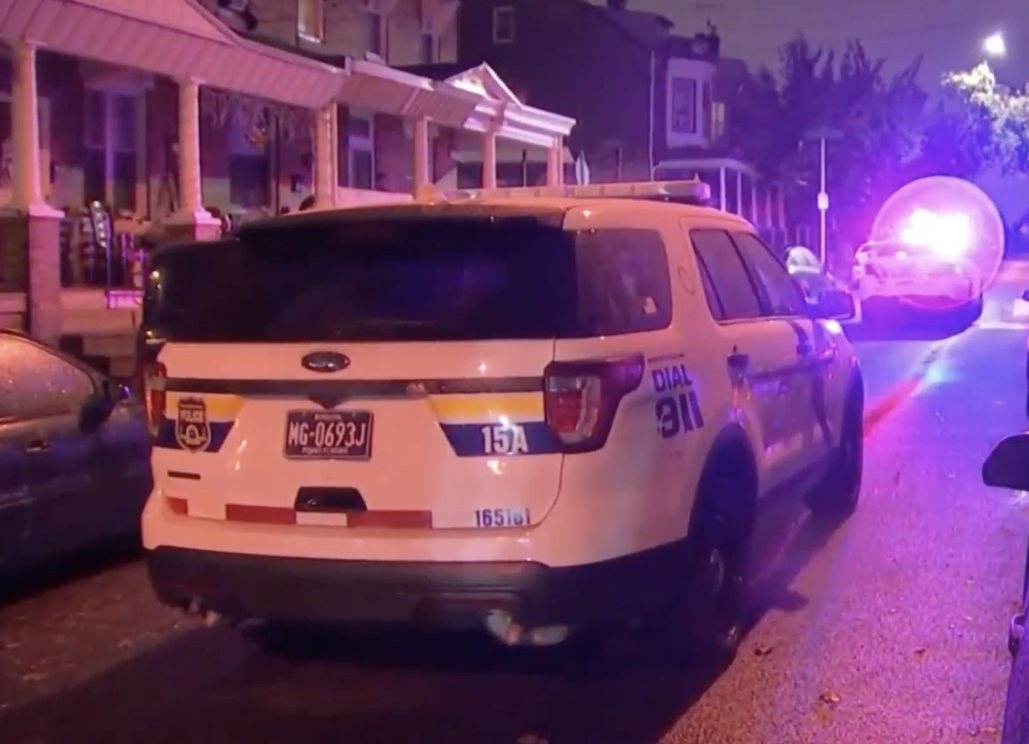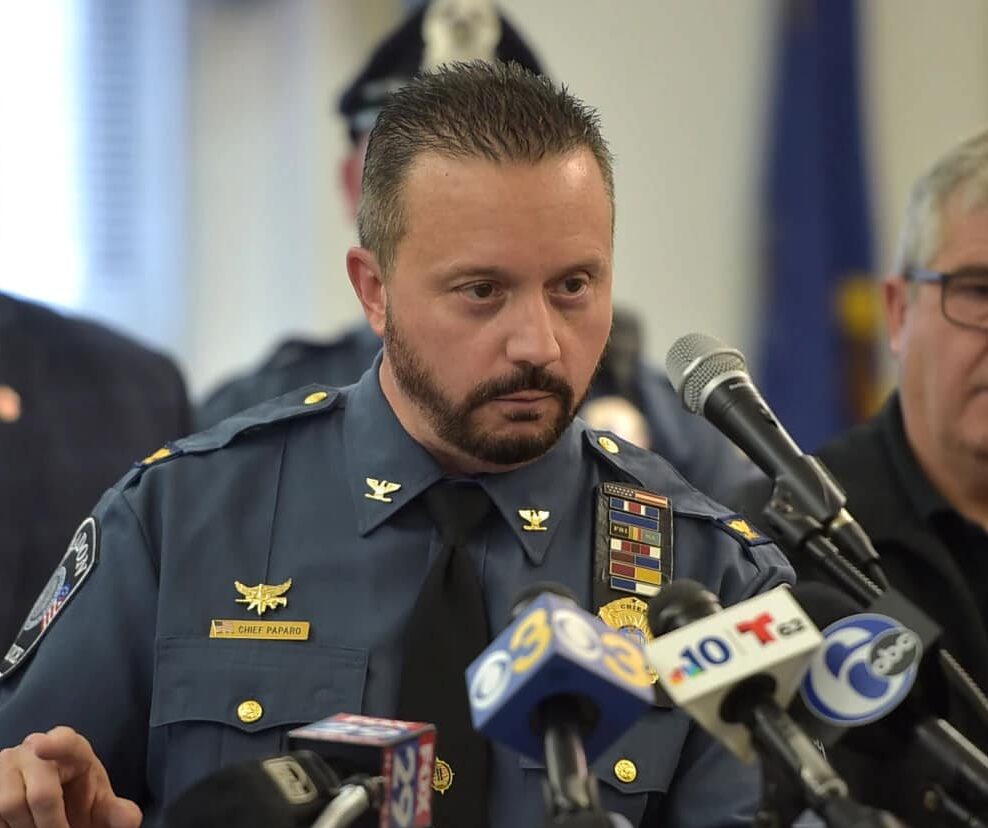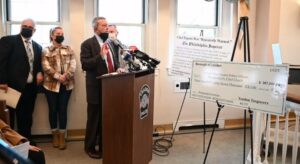Former Police Chief ‘Chachi’ Paparo Settles With Yeadon, Hopes to Continue Law Enforcement Career

Former Yeadon Police Chief Anthony “Chachi” Paparo settled a reverse discrimination case with the borough for $2.5 million.
Paparo, 60, claimed in his lawsuit that former Council President Sharon Council-Harris, former Vice President Learin Johnson, and former council members Tomeka Jones-Waters and Carlette Brooks decided to get rid of him because Paparo is White and the town is 90 percent Black.
Paparo says he believes he could have been awarded more if the case had gone to trial, but he decided to settle because he didn’t want to bankrupt the small borough and harm the residents, of whom he remains very fond.
“I didn’t want to be at the point where we went to court and Yeadon got hit with a verdict, like the Starbucks thing, $25 million and then Yeadon doesn’t exist anymore,” Paparo told DVJournal.
In June 2023, a jury ordered Starbucks to pay $25 million to a Philadelphia store manager who claimed she was fired because she was White.
He also appreciated other council members who came forward in depositions and “talked about what these four (council members) were doing when they could have easily remained mute. But instead, they had the courage to come forward and say, ‘Hey, you know what? They’re firing this guy because he’s a White guy.’ And that’s one of the things I’ll never forget.”
Also, in February 2022, more than 1,000 residents signed a petition supporting Paparo. They opposed him “being targeted by the individual defendants because of the color of his skin,” Judge Michael M. Baylson wrote in his ruling to deny the borough’s motion to dismiss the case.
According to court records, some of the council members who wanted Paparo gone mentioned his race to other council members and that they wanted to replace him with a Black chief. They had also approached some Black officers to see if they’d be interested in the chief’s job. Ironically, the new chief, whom the council hired after sacking Paparo, was White.
Detractors pointed to a $287,000 settlement with the police union over part-time officers. Paparo used the part-timers to supplement the force during the COVID-19 epidemic and civil unrest in 2020.
On Feb. 27, 2022, Yeadon Council fired Paparo by a 4-3 vote. Council Member Liana Roadcloud said then that the vote was “about race. This is not about money.”
Paparo said he was deeply wounded by the damage to his reputation. The most difficult thing has been his inability to find another police job since Yeadon Council terminated him. He noted borough officials circulated a “Fast Facts” flyer about him to every residence in town and posted it online.
“For me, it wasn’t about the money. It was about getting my reputation back. I worked hard to build my career,” said Paparo.
Paparo said he applied for job after job without any luck. He believes potential employers would look him up online and read Yeadon’s allegations of mismanagement.
“To not even be considered for interviews when I’m applying is very, very hard to comprehend and a hard pill to swallow,” said Paparo. Although Paparo lives in Chester County, he applied for some 150 law enforcement jobs, looking in other states, as far away as South Carolina.
“It was completely about race,” Paparo said. “They got caught and had to come up with something, so they went back two years to find an FOP grievance that had nothing to do with what was going on. If it wasn’t for the courage of (the council members who supported him) and the community, I could have been just railroaded.”
Under the settlement agreement, Yeadon and the other defendants did not admit wrongdoing. The Yeadon Borough manager and solicitor did not respond to requests for comment. Lawyer Robert DiDomenicis, who represented the council member defendants, declined to comment.






